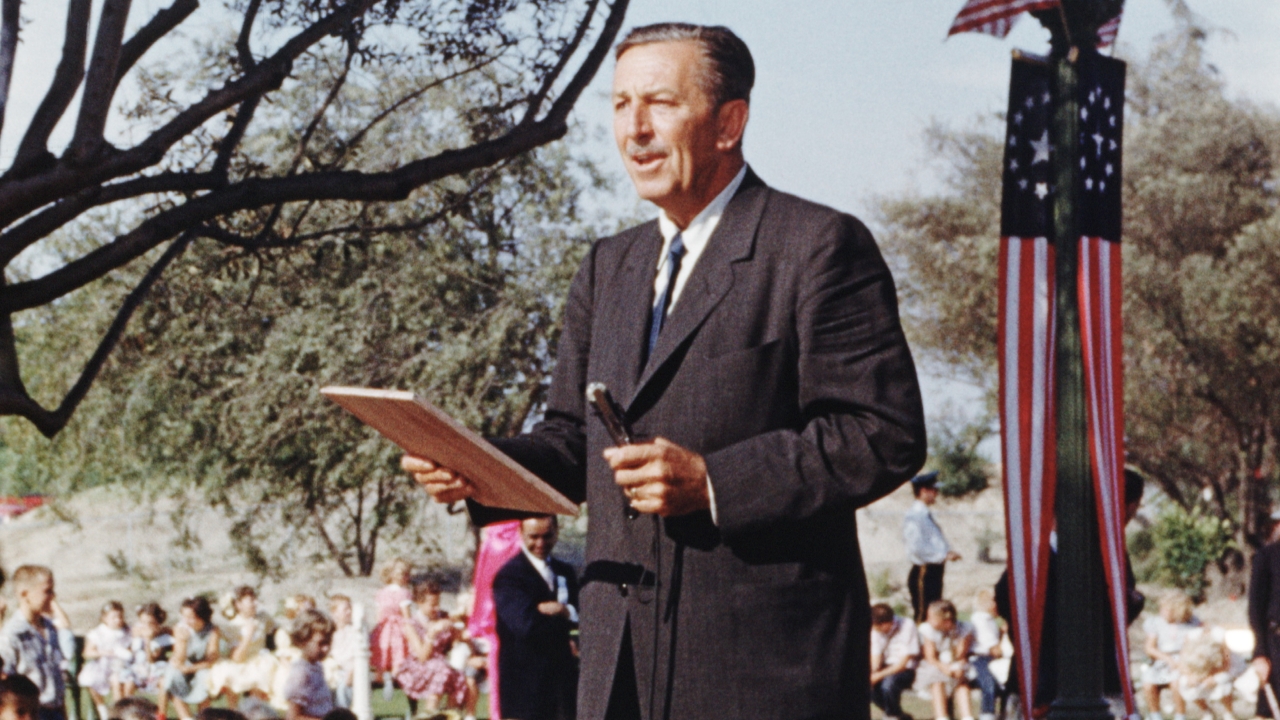I Rewatched The Matrix Reloaded And Realized Its Biggest Criticisms Are What Make It Secretly Great
A second look at the sequel that split the fandom.
Your Daily Blend of Entertainment News
You are now subscribed
Your newsletter sign-up was successful
The Matrix sequels have always lived in a strange limbo. The original 1999 film is canonized as one of the best movies of the 1990s and one of the most influential blockbusters ever made, while its follow-ups? Well, most folks wish that first movie had never been made into a franchise. The Matrix Reloaded and The Matrix Revolutions were written off as bloated, confusing, and self-indulgent. These criticisms are so ingrained that it’s become cultural shorthand.
But here’s the thing: I recently rewatched Reloaded with fresh eyes, and I realized that the very things fans and critics railed against two decades ago might actually be the reasons it deserves a reappraisal. What if the supposed flaws—the orgy, the philosophy, the excess—are the secret sauce that makes the movie more ambitious, weird, and, yes, human than we gave it credit for?
Let’s break down each major complaint and why they are secretly the reason why Reloaded should still be ranked amongst the best sci-fi movies of all time.
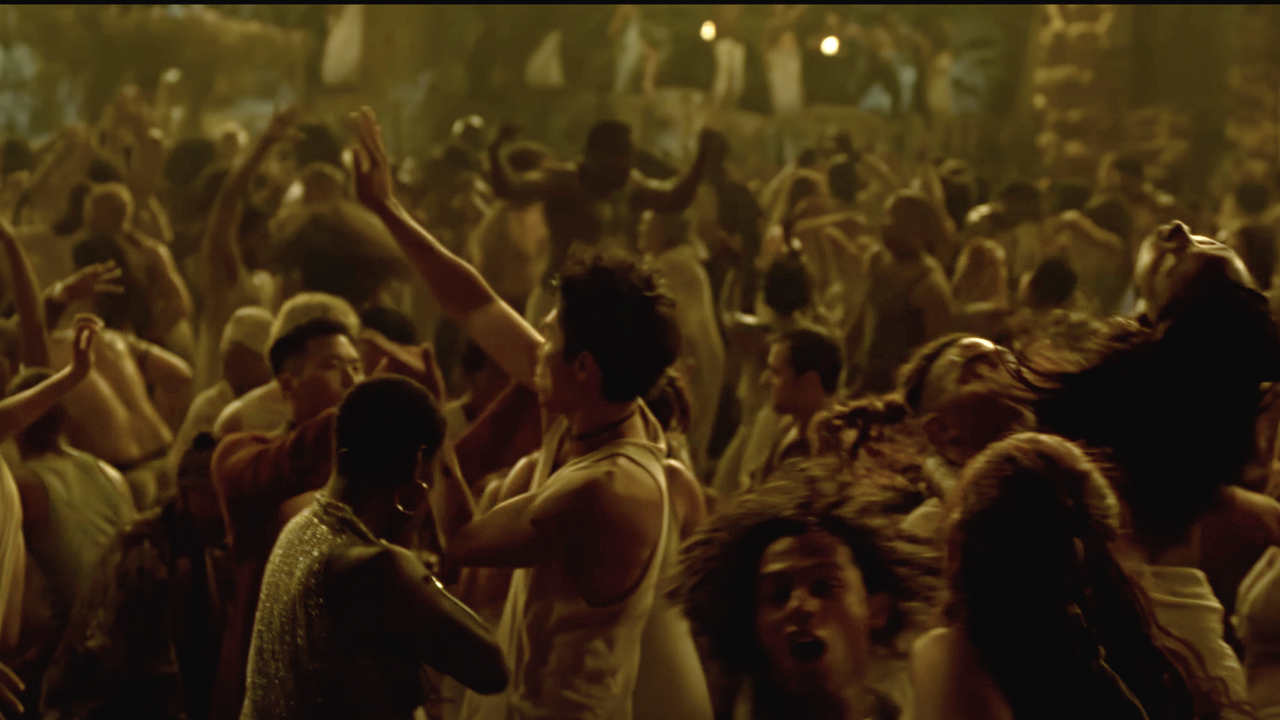
The Zion Orgy Scene Is Weird And Unnecessary
On its release, Reloaded’s extended Zion rave/sex montage became an instant punching bag. Even today, people groan about “the orgy scene,” wondering why the Wachowskis derailed their sleek cyberpunk action with a sweaty drum circle. Sure, it probably won't make anyone's list of steamiest sex scenes, but it matters far more than many would probably think.
Why it rules: the sequence is a thematic anchor.
The Matrix films have always been about duality: the cold efficiency of machines versus the messy vibrancy of human beings. Zion is humanity’s last stand, and what we see in that scene isn’t frivolous because it’s survival expressed through rhythm, sweat, and intimacy. Humanity’s rebellion isn’t just guns and code; it’s touch, community, and joy in the face of extinction.
Yes, it’s awkward and indulgent. But that’s the point. It’s humanity refusing to be reduced to functions and numbers. When Morpheus gives his fiery “we are still here” speech, and the camera cuts to bodies in motion, it’s a visual metaphor for what makes humans worth saving. The scene is primal, defiant, and—love it or hate it—impossible to forget.
Your Daily Blend of Entertainment News
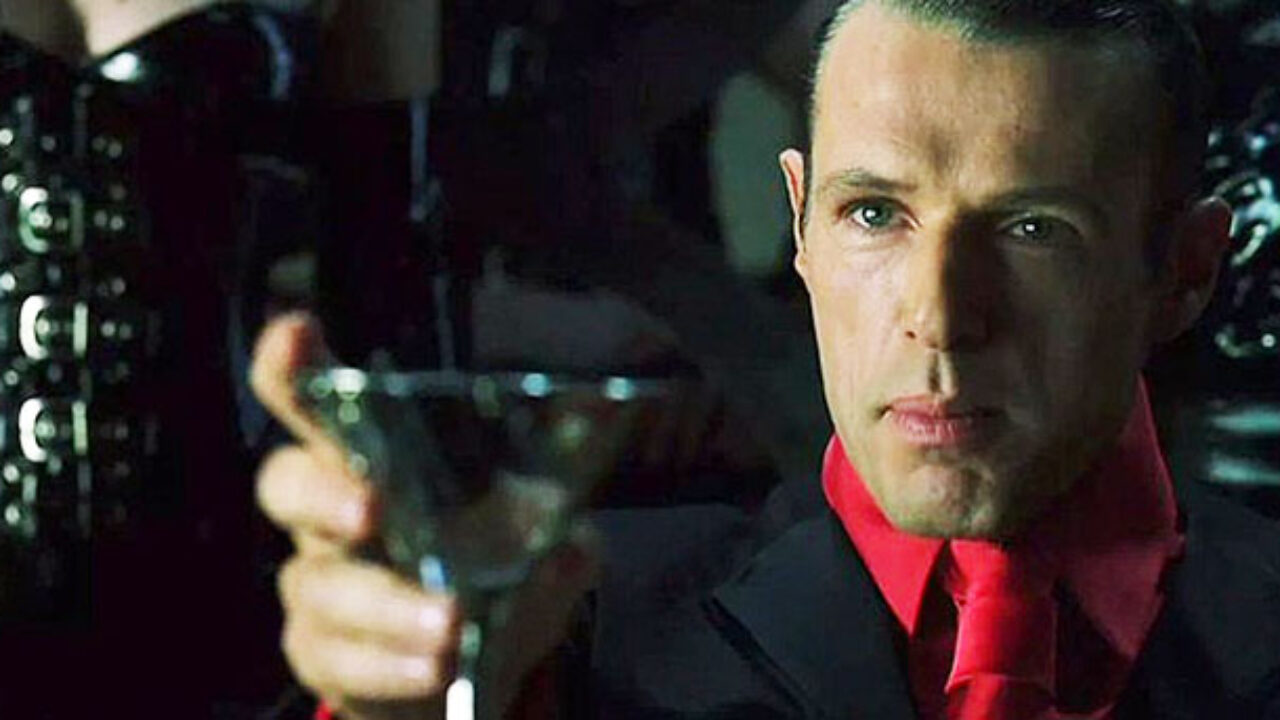
It’s Bloated With Lore And Philosophy
Another major complaint leveled at Reloaded is that the Wachowskis doubled down on lore and metaphysical jargon instead of simply giving us another round of “red pill vs. blue pill.” Suddenly, the plot’s tangled with exiled programs, the Merovingian, the Keymaker, and monologues that feel pulled from a grad school philosophy course. As The Austin Chronicle critic Marc Savlov put it in his write-up:
There’s only so much Rubik’s Cubism a film can handle, and Reloaded is awash in sci-fi and religious overtones that continually bog down the film’s forward motion. There’s even a tacky "rave" sequence during which the citizenry of Zion get down and dirty (and wet and funky) as though they’d suddenly been transported to Blade’s disco bloodbath.
Why it rules: The Wachowskis refused to play it safe. Instead of a rehash, they delivered a sequel that feels closer to a religious text than a popcorn movie. And, for the record, I don’t find a comparison to the Blade movies to be a bad thing.
Reloaded is overflowing with mythic archetypes and layered world-building that dares to take its cyberpunk ideas seriously. Rather than simplify, the filmmakers gave us a denser, stranger mythology—one that rewards repeat viewing and invites us to wrestle with it the way Neo wrestles with prophecy and purpose.
Think about when the Oracle tells Neo he’s not special, or when the Merovingian (yes, a very polarizing character) lectures on cause and effect. These aren’t throwaway tangents, but thematic building blocks. The Matrix movies were never just about kung fu—they’re about free will, fate, and whether meaning itself can exist inside a closed system. That’s heady stuff, and it’s why the films still get debated in philosophy classes today.
So yeah, it’s bloated, and you may need a Matrix trilogy refresher from time to time. But the excess is the point. The Wachowskis weren’t interested in trimming complexity because they wanted to expand it, to turn a cyber-thriller into a mythic text.
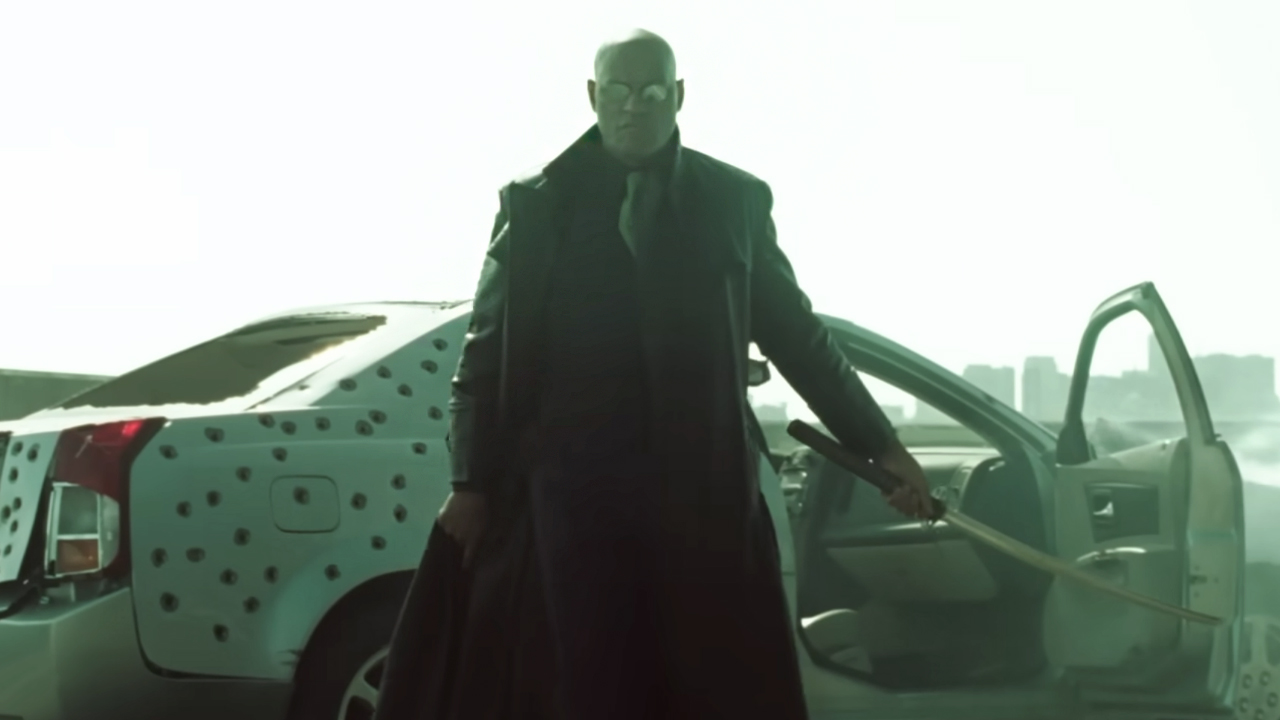
The Fight Scenes Are Gratuitous And Pointless
Even fans of the film often concede Reloaded is stacked with more action sequences than the story strictly needs. From Neo’s dojo showdown with Seraph to the infamous “Burly Brawl” against hundreds of Agent Smiths (one of Keanu’s personal favorite trilogy moments), some viewers felt the fights were indulgent showcases that slowed the narrative momentum.
Why it rules: Let's be real. The fights in Reloaded are some of the best big-screen brawls of all time.
Start with the ghost-twin highway chase, which remains one of the most jaw-dropping set pieces of the 2000s. Warner Bros. literally built a two-mile stretch of freeway just to stage it, and the result is still a breathtaking marriage of practical stunts and CGI. Cars flipping, Morpheus sword-fighting on a moving truck, Trinity weaving through traffic—it’s operatic chaos in motion. Seriously, if you need a reminder of how badass it is, rewatch it below.
And the Burly Brawl? Sure, the CGI hasn’t aged gracefully. But back in 2003, watching Neo whirl a metal pole through a swarm of Smith clones felt like the future had arrived. The fight may seem cartoonish now, but it was revolutionary at the time —a moment when technology briefly kept pace with ambition. More importantly, it’s symbolic because Neo isn’t just fighting an enemy; he’s fighting the exponential spread of control itself.
The Wachowskis used action as a metaphor. Every punch and kick was a physical expression of ideas about resistance, replication, and inevitability. To dismiss these fights as pointless is to miss that they were always about more than spectacle—they were about what spectacle could say.
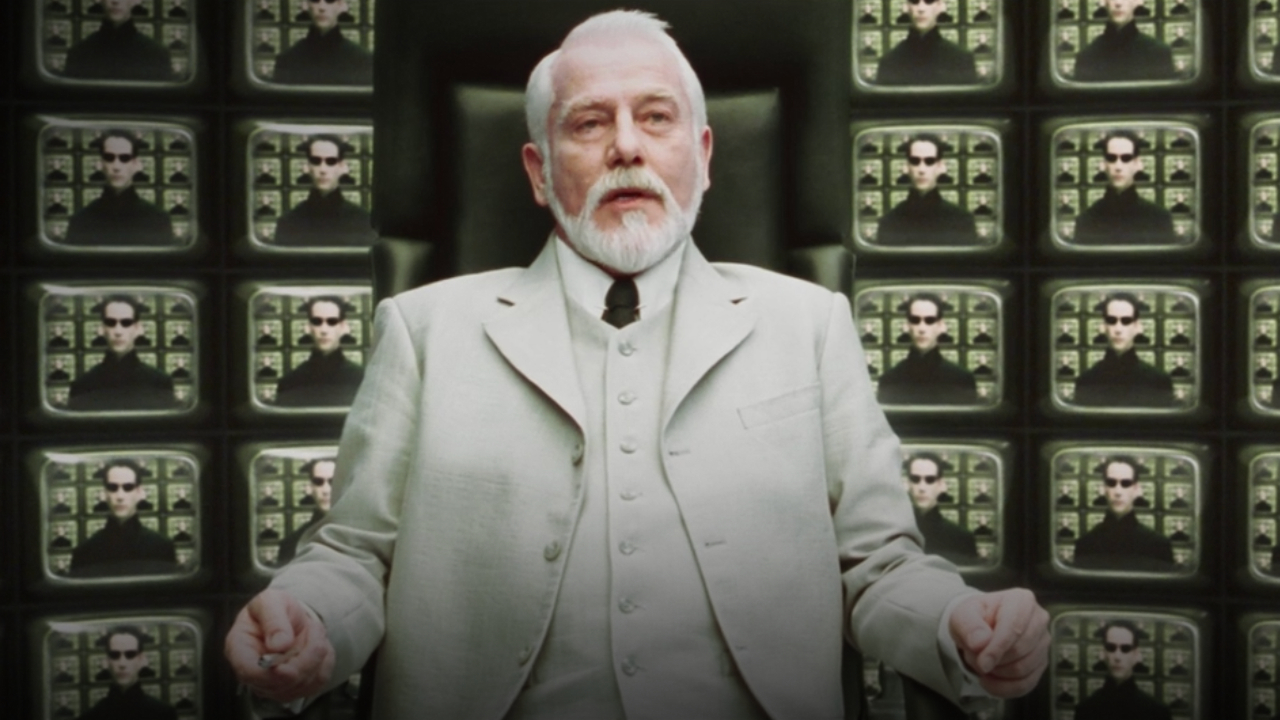
The Plot Is Too Complicated
This is the big one. The most common criticism of Reloaded is that it’s incomprehensible. The Architect’s verbose speech alone has been parodied countless times as the ultimate example of sci-fi gobbledygook. Viewers left theaters scratching their heads, unsure if the movie made sense or if it was just pretending to.
Why it rules: My hot take is that the confusion is the point.
Reloaded intentionally pulls the audience into disorientation because Neo himself is overwhelmed by systems of control that are bigger than he can comprehend. The Architect’s dialogue isn’t just technobabble, but is the cinematic equivalent of information overload. You’re meant to feel destabilized, like you’ve glimpsed the machinery behind reality but can’t quite process it. That’s not sloppy writing; it’s purposeful immersion.
The Wachowskis reflect the human condition within late capitalism and surveillance culture: systems are designed to be indecipherable, yet we must navigate them nonetheless. The disorientation is part of the story, a mirror of Neo’s journey toward enlightenment. By making the audience share in his vertigo, Reloaded transforms complexity into empathy.
Rewatch it with that in mind, and suddenly the chaos feels intentional—like a design rather than a flaw.
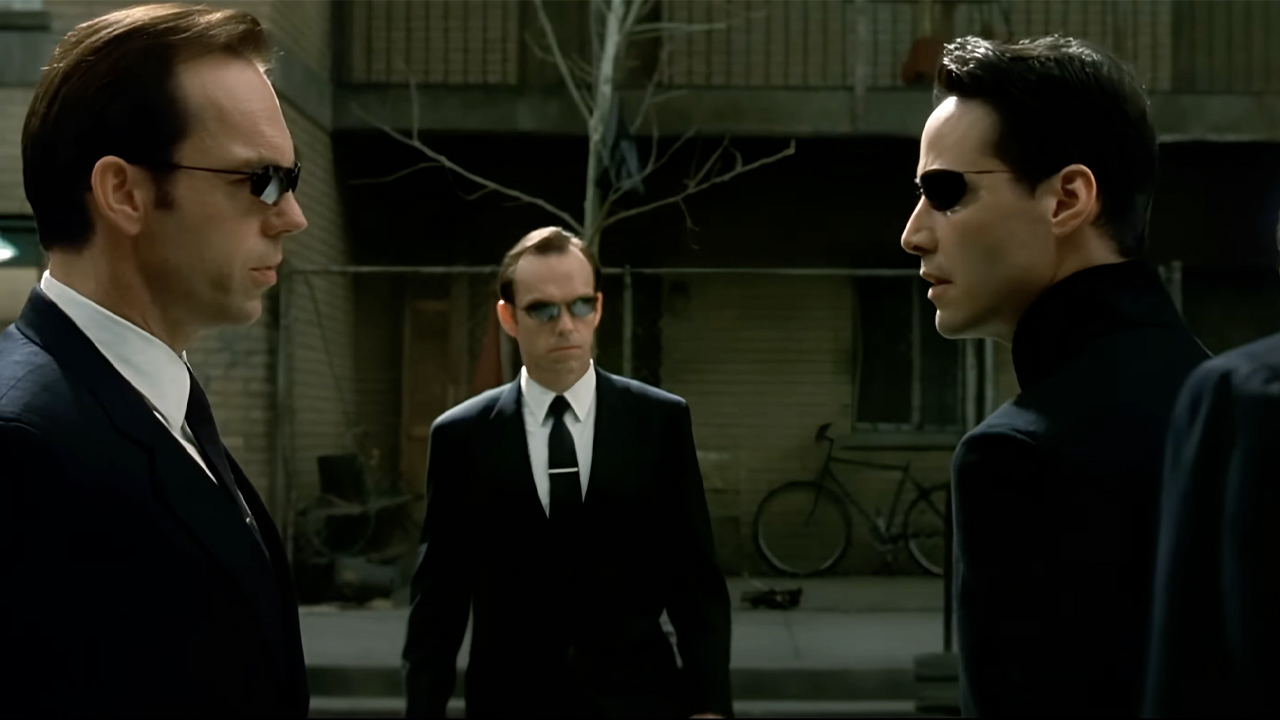
The Case For A Matrix Reloaded Reappraisal
Revisiting The Matrix Reloaded after two decades, I found myself struck not by its flaws but by its audacity. This isn’t a safe sequel. It’s messy, overloaded, and at times frustrating—but it’s also a bold work of art that dares to challenge its audience rather than spoon-feed them.
The Zion orgy scene may feel indulgent, but it’s a reminder of what makes humanity worth saving. The lore may be bloated, but it expands the franchise into myth. The fights may be over-the-top, but they’re some of the most inventive spectacles of their era. And the convoluted plot? It’s the narrative embodiment of what it means to resist a system that’s designed to confuse and control.
That doesn’t make Reloaded perfect. But it does make it more interesting than almost any blockbuster sequel of its era. In a landscape where safe, formula-driven franchises dominate, the Wachowskis’ willingness to get weird feels more valuable than ever.
So maybe it’s time to stop treating Reloaded like the disappointing middle child of the trilogy. Perhaps it’s time to see it for what it really is, or at least how I see it. It's an ambitious, messy, secretly great masterpiece that dared to be complicated in a world that craves easy answers.

Ryan graduated from Missouri State University with a BA in English/Creative Writing. An expert in all things horror, Ryan enjoys covering a wide variety of topics. He's also a lifelong comic book fan and an avid watcher of Game of Thrones and House of the Dragon.
You must confirm your public display name before commenting
Please logout and then login again, you will then be prompted to enter your display name.
![The Chase: Twins vs Morpheus | The Matrix Reloaded [Open Matte] - YouTube](https://img.youtube.com/vi/e_n1MVJW2UE/maxresdefault.jpg)
